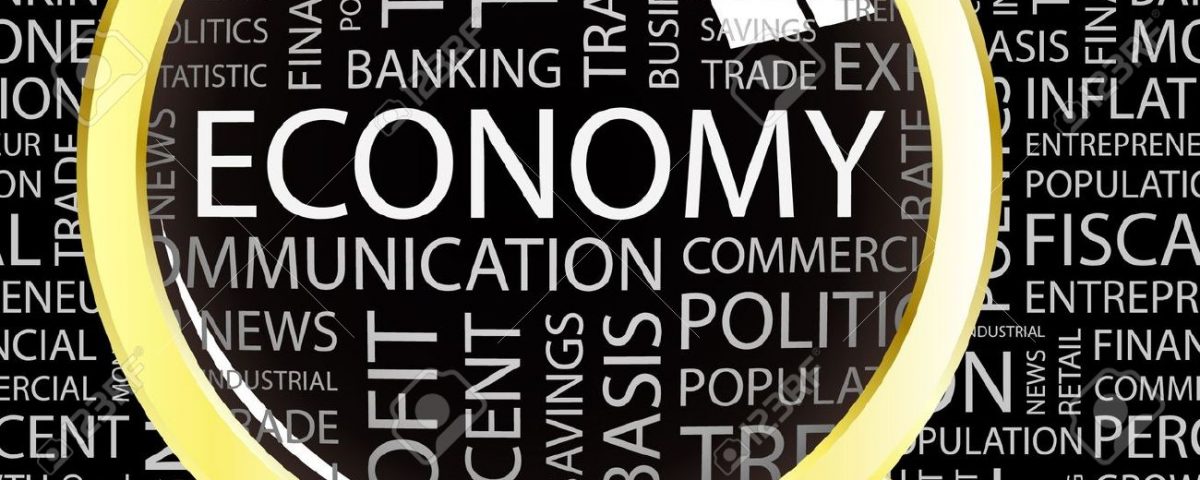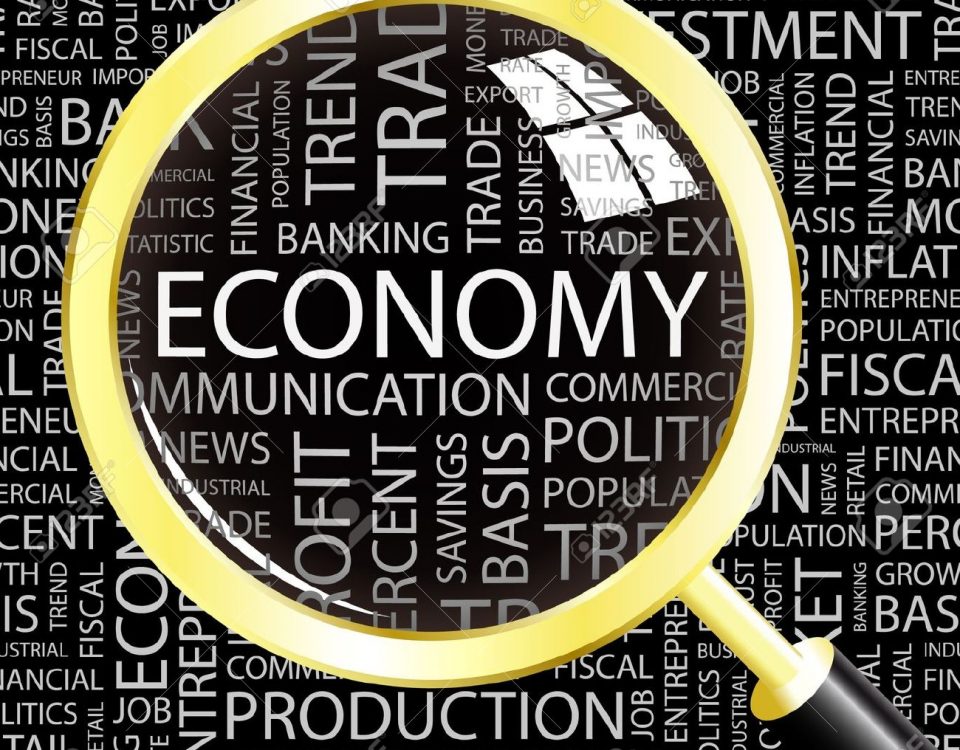Nigeria Update: Risk to economy soars as 2019 politics takes stage

Nigeria Update: Ministry unveils ICT roadmap, seeks increased private sector participation
July 25, 2018
Africa Update: China plans to invest $14.7 billion in South Africa
July 25, 2018Analyst’s project that Nigeria’s political uncertainty will negatively affect its economy, from the markets to the purchasing power of its citizens.
After months of intrigues, suspense, horse trading and speculation, 13 members of the All Progressives Congress (APC) defected to the People’s Democratic Party (PDP) on Tuesday, leading to Nigeria’s ruling party losing its majority in the Senate.
Some 37 APC members of Nigeria’s lower chamber, the House of Representatives, also defected Tuesday, with 32 joining the PDP.
The defection of the senators came after unsuccessful attempts by security operatives to prevent Senate President Bukola Saraki from presiding over plenary. The security men, however, left the residence around 8am after they realised that the Senate President was not in the house.
He was said to have switched off and left his phone in his home to avoid his location from being tracked by security agents without his convoy. The defecting Senators include Rabiu Kwankwaso, a former governor of the northern state of Kano, Dino Melaye, Barnabas Gemade, Suleiman Hunkunyi, and Usman Nafada, among others.
“Historically, there is uncertainty, particularly 8 months to the elections,” Paul Uzum, a Stock broker at Golden Securities Ltd said.
“In country like Nigeria political risk is very high and it is very possible to have a change of government coming in 2109 as a result of the defection today. Investors will be on a hold mode to see how things will shake out.”
Nigeria’s economy is struggling to recover from a 2016 slump, the worst in 25 years, after first-quarter growth was 1.95 percent, below the 2.6 percent median estimate.
The Stock market is down by -4.68 percent this year as investors sell equities and shift to the sidelines ahead of the elections.
PZ Cussons a U.K based consumer goods firm said yesterday while reporting its financial results that a sustained lack of liquidity at both consumer and trade level has resulted in a significant contraction in the size of the market, resulting in lower volumes, prices and margins across most areas of its portfolio in Nigeria.
The firm stated that as higher oil prices have contributed to increased foreign exchange reserves for the country and a relatively stable exchange rate regime, liquidity has not flowed down into the economy. In addition, wage inflation has continued to remain well behind the significant cost inflation of recent years, resulting in consumer disposable income under pressure with subdued buying levels.
Tuesday also witnessed dramatic and palpable tension, as the residence of the Deputy Senate President Ike Ekweremadu, was besieged by operatives of the Department of State Services (DSS) and Economic and Financial Crimes Commission (EFCC).
Saraki accused the police of acting in concert with the government to detain him as a way to prevent some lawmakers from defecting from the APC. “This plot is aimed at compelling me and my associates to stay in a party where members are criminalized without just cause, where injustice is perpetrated at the highest level and where there is no respect for constitutionalism,” Saraki said.
The police denied deploying operatives outside Saraki’s residence, saying the policemen seen at the site were those attached to the Senate president.
Police spokesman Jimoh Moshood confirmed in a statement that Saraki had been invited to report to a station in conjunction with the robbery investigation.
According to Rafiq Raji Chief Economist at Micro Africa intel, it is uncertainty from the power play between the executive and the legislature, which is most concerning.
“This will push investors to delay their investment decisions.”
Africa’ most-populous nation of about 200 million people has an urban annual population growth rate of 6.5 percent, according to the National Population Commission. The unemployment rate spiked to a seven-year high of 14.2 percent in the fourth quarter of 2016, according to the National Bureau of Statistics (NBS). The International Monetary Fund (IMF) forecasts Nigeria’s economy will expand 2.1 percent this year from less than 1 percent in 2017. Lawmakers on May 17 approved a 2018 budget of N9.1 trillion ($25 billion), the biggest yet, with money being earmarked for investments in roads, rail, ports and power, but much of the funds is unlikely to be spent before elections.
The Senate adjourned plenary till September 25, 2018.
With this development, the People’s Democratic Party (PDP) now controls majority in the upper legislative chamber with 55 senators, followed by All Progressives Congress (APC) with 49 lawmakers, ADC (2) All Progressive Grand Alliance (APGA) one and two vacant seats, occasioned by the death of Ali Wakili (Bauchi State) and Bukar Mustapha (Katsina).
This was against the previous political arrangement where APC dominated the Senate with 64 senators, as against PDP’s 42 and APGA one.

